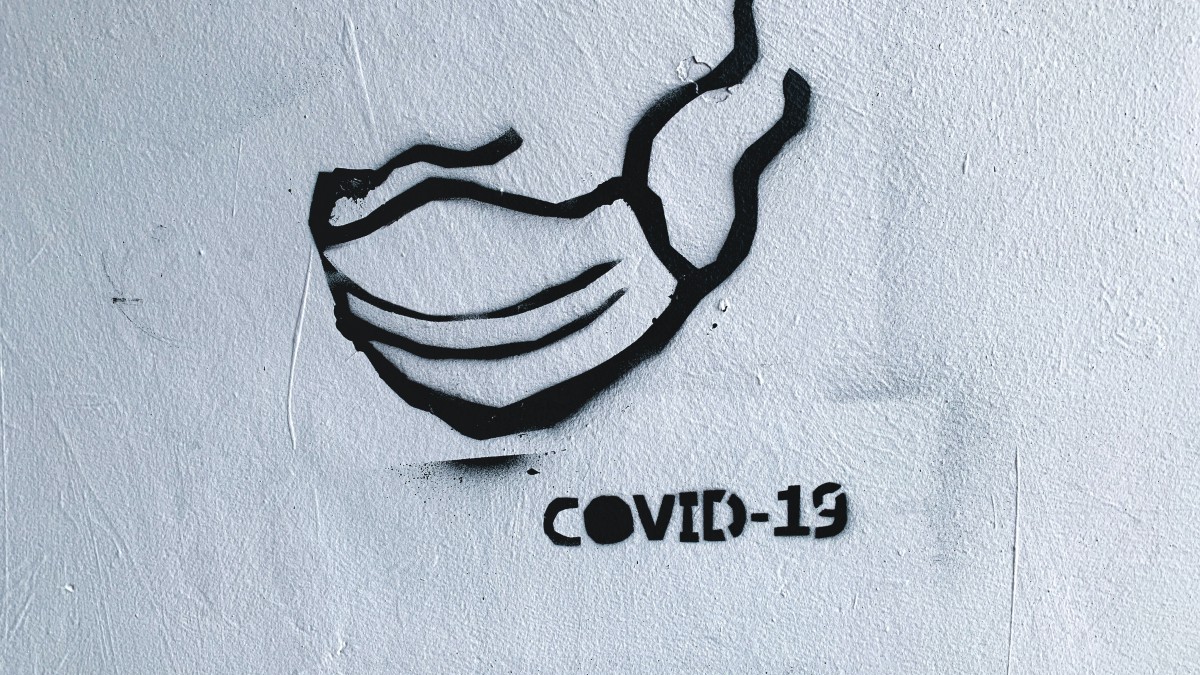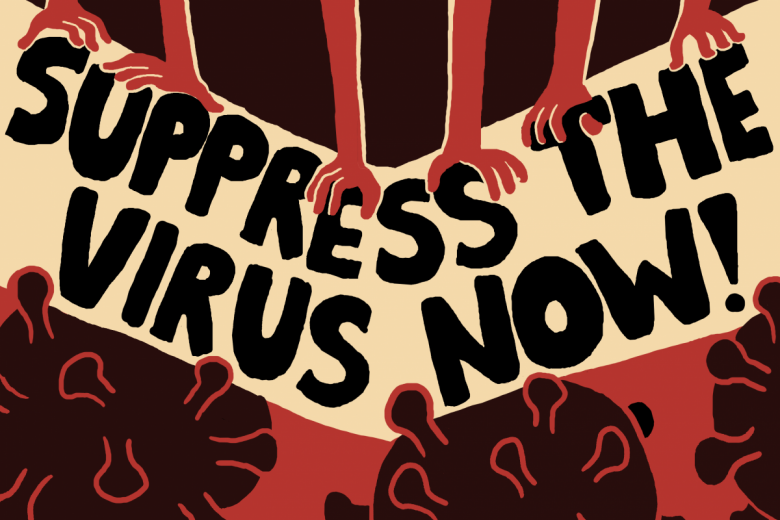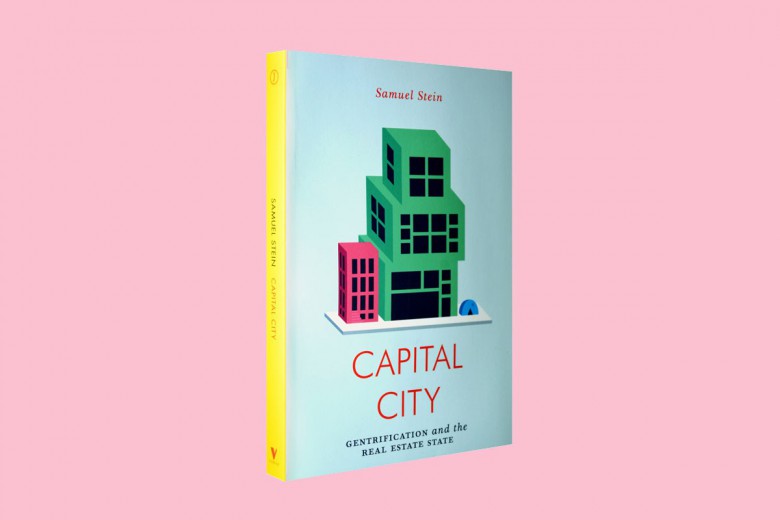In a recent letter from the editor, Jewish Currents editor Arielle Angel considers what it means to publish leftist journalism during the COVID-19 crisis. She asks herself: “Do these words constitute an act of care? And: Will they help us fight?”
I’ve been thinking about those two questions as I’ve struggled to figure out Briarpatch’s role in the current health and economic crisis.
Briarpatch works on a months-long timeline to produce slow, collaborative, deeply-researched journalism that will strengthen our social movements. But every day for the past few weeks, my Twitter feed has been a relentless torrent of updated death counts and previously unimaginable responses from governments, corporations, and activists alike. Everything is changing so fast that I’m having trouble doing my job: predicting what the world will look like in a few months, and producing the journalism that I believe our movements will need at that time.
When the world is moving too fast, I find it helpful to stop and look back at Briarpatch’s history. We began 49 years ago as a four-page newsletter produced by and for low-income earners, welfare recipients, and the unemployed. Today, as so many of my friends lose their jobs or have their shifts halved, I can see clearly the thread that connects Briarpatch to its origins half a century ago. When I feel lost, Briarpatch has 49 years of coherent leftist demands that act as my compass.
Today, as so many of my friends lose their jobs or have their shifts halved, I can see clearly the thread that connects Briarpatch to its origins half a century ago.
So I’ve been gently pulling my attention away from Twitter and back to our long-standing principles: anti-capitalism, anti-colonialism, and liberation for all oppressed peoples. And in this time of great fear and great hope, great suffering and great change, I am convinced – more than ever – that our demands are not only necessary, but winnable.
As Prime Minister Justin Trudeau closes the border to people seeking asylum on foot, we demand – as we have always demanded – open borders and an end to deportations, because we know that borders are used to divide and pit us against each other.
As governments across the world endow police with increased powers to fine, arrest, surveil, and even kill people who violate quarantine orders, we demand – as we have always demanded – the abolition of the police, because we know that the police do not keep us safe. We keep us safe.
As landlords force increasingly impoverished workers to pay rent on the first of the month, we demand – as we have always demanded – housing for all, because we know that shelter is a right, not a commodity.
As Indigenous communities brace to be hardest hit by the pandemic, with no clean water, scant medical supplies, overcrowded housing, and disproportionate numbers in jail, we demand – as we have always demanded – decolonization, because we know that safety and health will come from self-determination and right relationships with the land.
As the working class the world over must now choose between unemployment and the chance of contracting a potentially deadly virus in exchange for poverty wages, we demand – as we have always demanded – the end of capitalism, because we know that a better world is possible.
I am convinced – more than ever – that our demands are not only necessary, but winnable.
The specifics and language of leftist demands have evolved throughout Briarpatch’s history – as they should. But our principles remain the same, throughout fair and foul weather: liberation, safety, and dignity for all. When I first storyboarded this issue back in early January, I didn’t anticipate that it would be released in the midst of a global pandemic. But the stories in this issue articulate those demands in ways that, I believe, will help us fight.
Owen Toews’ breathtaking cover story reminds me of the long arc of struggle for Indigenous rights in what is currently called Canada, and the remarkable ingenuity and resilience of those who have struggled. Jane Shi’s essay on grassroots translation reminds me of the importance of bringing our elders, relatives, little ones, and newcomers along in our political projects. Jeff Abbott’s feature on Indigenous ancestral authorities in Guatemala reminds me of the very real alternatives to capitalism that have already been built and sustained. Mirusha Yogarajah’s article on Toronto’s Tamil community reminds me that the work of racialized low-wage workers – undervalued and made invisible – has always been essential.
I hope these articles will help you to fight, and to take care of your community.



_780_520_90_s_c1.jpg)


